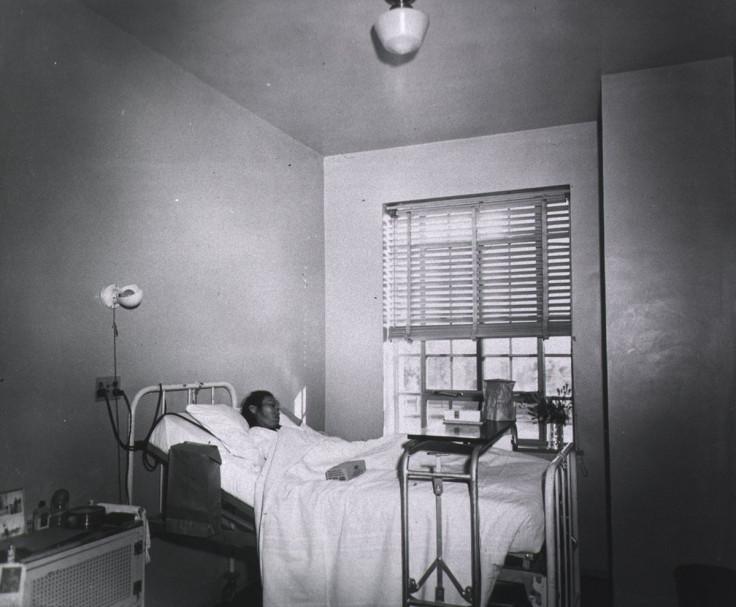'Dysanaesthesia,' A Third State Of Consciousness Between Wakefulness And Nonconsciousness

As researchers continue to plumb the depths of consciousness, new findings suggest the existence of a third known state of mind in which a medical patient hovers between the two known states.
In such a state, the patient may respond to commands and other stimuli but remain unbothered by pain or surgery, says Dr. Jaideep Pandit, an anethestist at St. John’s College in England, who gave a talk at the Annual Congress of the Association of Anaesthetists of Great Britain and Ireland last week. Pandit described the study in an editorial published in the British Journal of Anaesthesia this month.
Calling this third state of mind “dysanaesthesia,” Pandit noted that evidence from a recent study of 34 surgical patients supports the theory. In that small study, surgical patients under anesthesia were placed in a state of paralysis covering the entire body, with the exception of the forearm, allowing them to respond to commands and otherwise signify wakefulness or perception of pain during surgery.
A third of the anesthetized patients moved their finger when commanded, even while under the usual level of anesthesia prescribed for such surgery, according to Dr. Ian F. Russell, of Hull Royal Infirmary in England, who led the study.
"What's more remarkable is that they only move their fingers if they are asked. None of the patients spontaneously responded to the surgery,” Pandit writes. “They are presumably not in pain.”
Yet, that presumption about a patient’s perception of pain remains the key point of such research, given that doctors today have no way of really knowing. "We don't have a model for consciousness," Pandit says. "It is very difficult to design a monitor, to monitor something you don't have a model for."
In Pandit’s view, patients responding to stimuli in such a fashion are not conscious but experiencing that third state, evident in their lack of movement outside of responding to the surgeon's commands. However, previous surveys show that patients experiencing any sort of consciousness during surgery rarely report any perception of pain afterward. Patients report pain perception during surgery at a rate of approximately one in 45,000. Moreover, only one in 500 patients reported in the same survey any perception of consciousness, indicating any third state of mind might be somewhat rare in surgeries.
Pandit said they hypothesis warranted future study.
Source: Pandit, J.J., Cook, T.M., Jonker, W.R., O’Sullivan, E., A National Survey Of Anaesthetists (NAP5 Baseline) To Estimate An Annual Incidence Of Accidental Awareness During General Anaesthesia In The UK. British Journal Of Anaesthesia. 2013.
Published by Medicaldaily.com



























